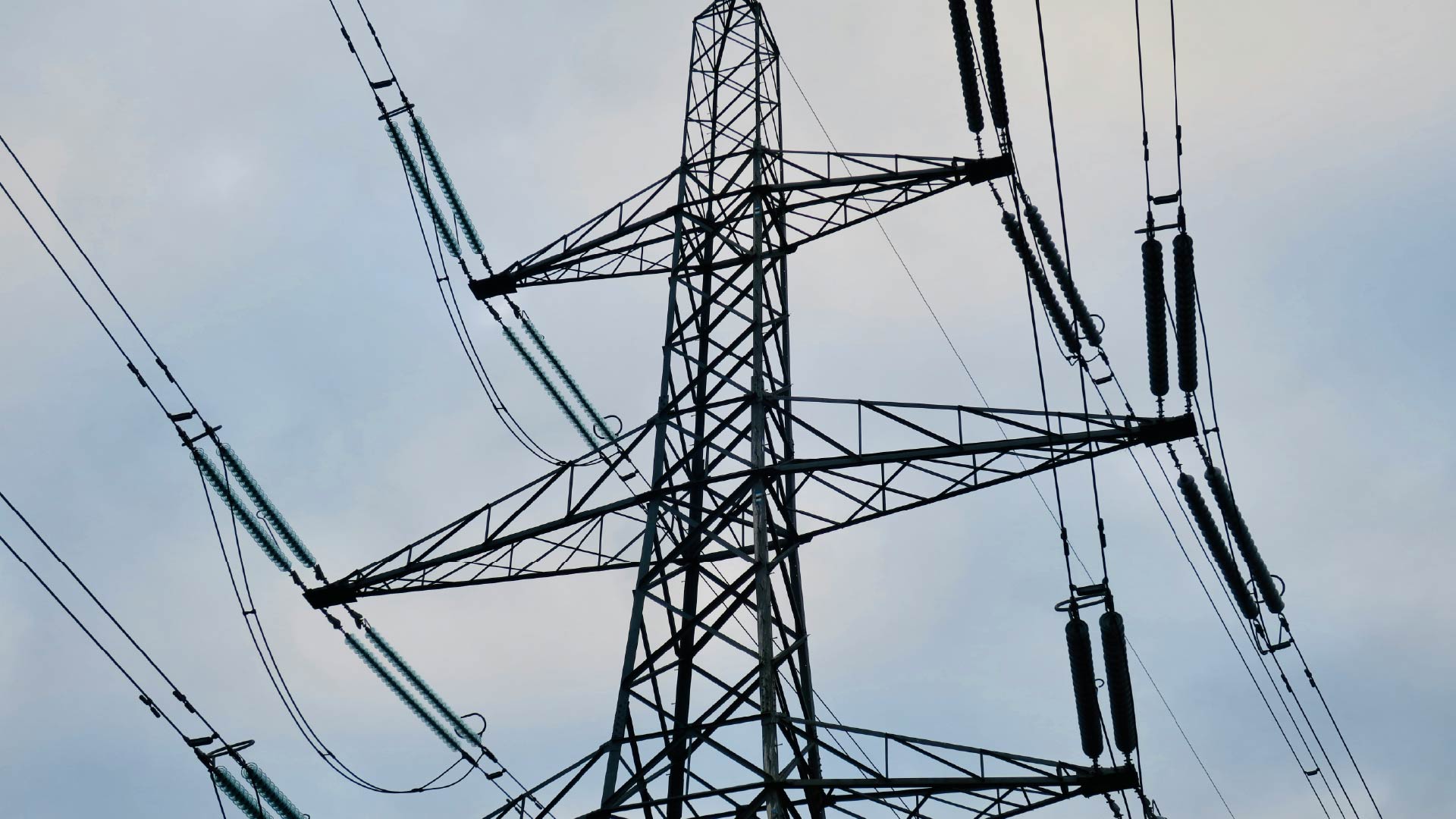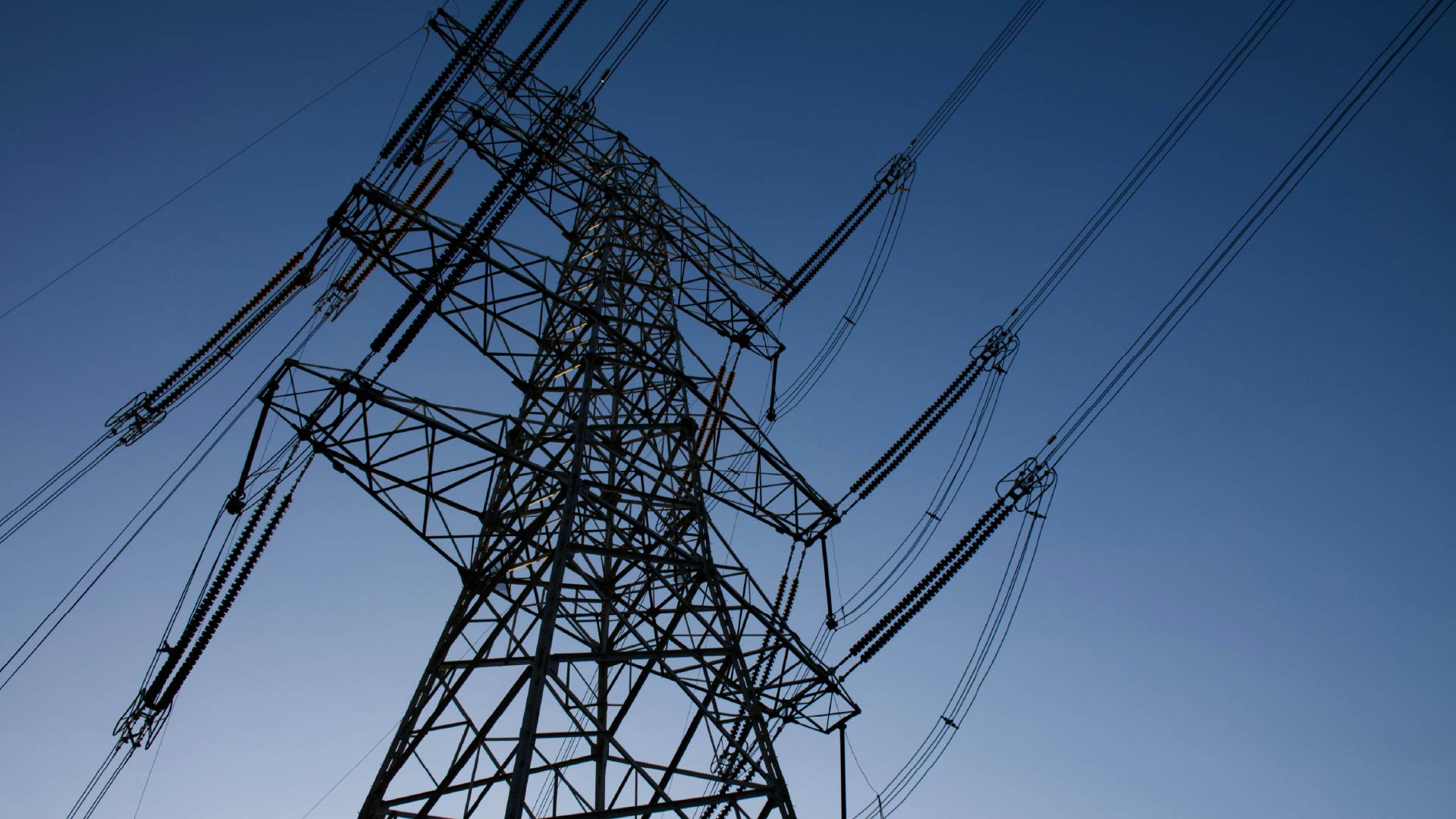A Tale Of Two EV Markets: Volkswagen’s Factory Closures Highlight Europe’s Struggles
It is the best of times for China’s EV market, it is the worst of times for Europe’s. Volkswagen’s recent announcement that it will close three factories, lay off thousands of workers and cut pay by 10% reflects deep-rooted challenges in Europe’s automotive sector as it transitions to electric vehicles (EVs). This restructuring highlights Europe’s slower adaptation to EV demand compared with China, which is now taking a commanding lead in the market.
Volkswagen’s situation reveals three key hurdles that European automakers face:
- Transition mismatch: China surges ahead, Europe caught in legacy costs.
While China’s rapid, government-backed EV push has streamlined production and cut costs, European automakers like Volkswagen are encumbered by legacy investments in internal combustion engine (ICE) technology. This lagging transition is costly, as these firms now need significant capital to convert ICE manufacturing lines for EV production, just to stay competitive. Europe’s slower pace in adopting EV infrastructure and policies leaves manufacturers like Volkswagen struggling to match the speed and cost-efficiency of Chinese competitors.
- Market share pressures: Chinese EVs outcompete in China and Europe.
Chinese automakers are leveraging lower production costs, state support and expertise in battery technology to produce competitively priced EVs. These vehicles are increasingly attractive to both Chinese and European consumers, who are now prioritizing affordability as inflation bites. Volkswagen and other legacy brands are losing market share in these key locations, finding it challenging to offer EVs at a similar price point without eroding their already thin margins, while ICE vehicle prices continue to decline.
- Stalled demand in Europe: consumer hesitancy and insufficient infrastructure.
Despite policy incentives, European consumers remain slow to adopt EVs, held back by high ownership costs and limited charging infrastructure. Government policies have not matched the pace set in China, where consumer incentives and a well-developed charging network have accelerated EV adoption. As a result, European automakers face tepid demand at home, creating a cycle of cautious production investment and stagnated growth.
Volkswagen’s austere business plans are likely a sign of things to come for Europe’s auto industry – unless it can close the gap with China on EV affordability and infrastructure. The EU has responded with protectionist tariffs on Chinese EVs, but this risks raising prices for consumers and potentially slowing Europe’s net zero progress. European automakers now face an urgent choice: accelerate adaptation to compete on price and production, or face a further loss of ground in a rapidly evolving global EV market.
To further insights on the auto industry’s role in the global energy transition, see Market Overview: Fleet Decarbonization and Strategic Focus: Leaders And Laggards Of The Energy Transition 2025-2045.
About The Author

Isobel McPartlin
Analyst





